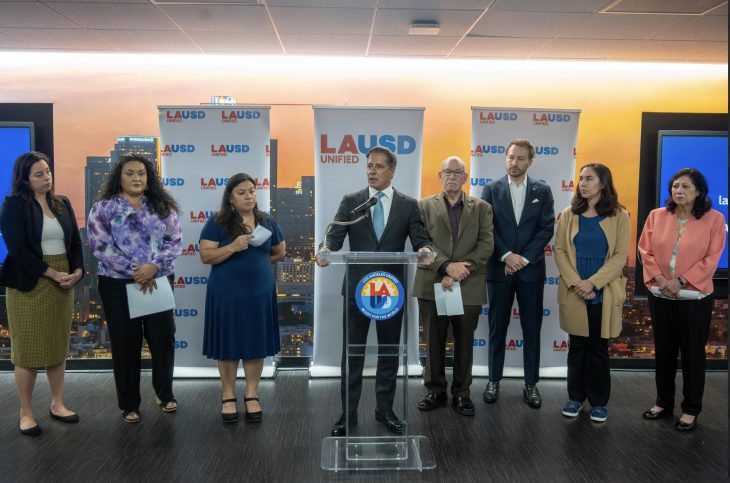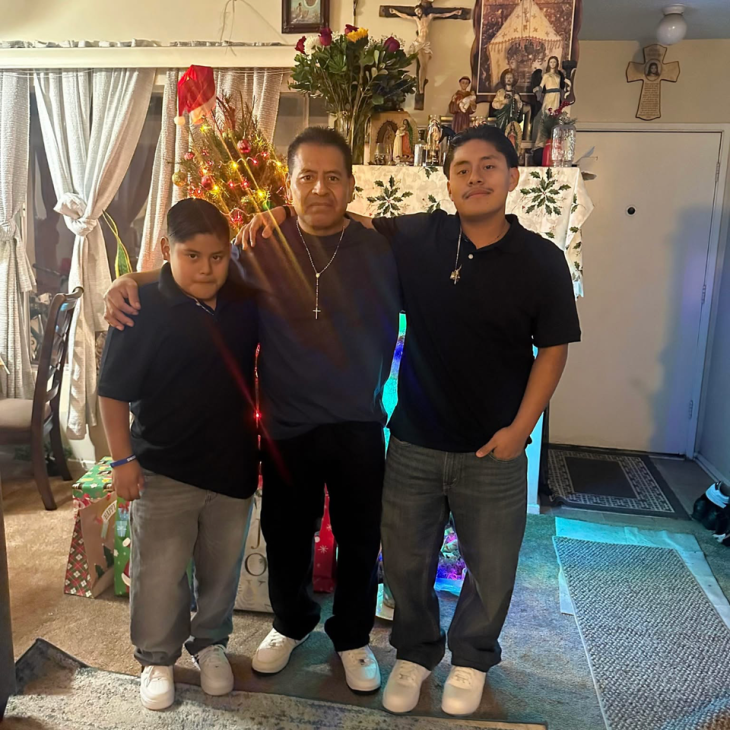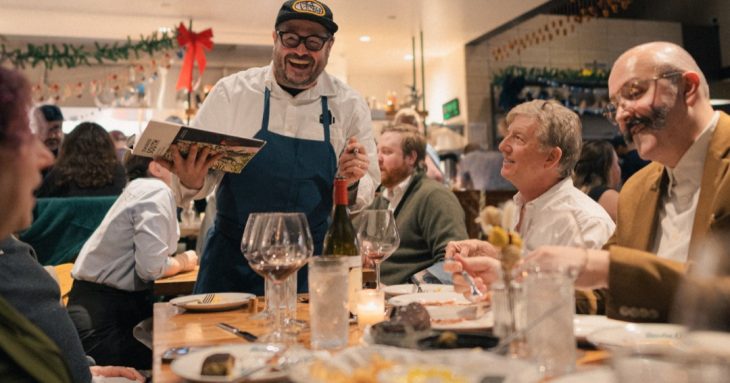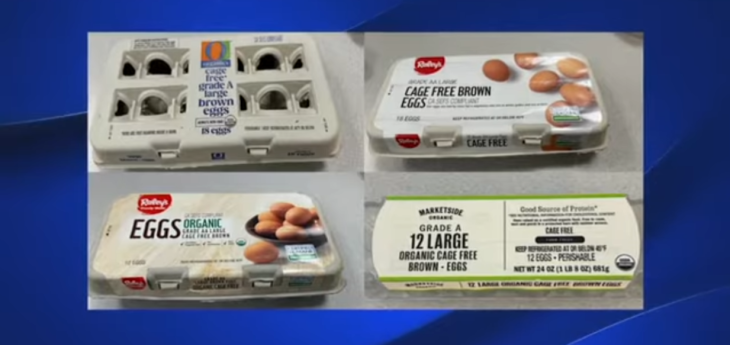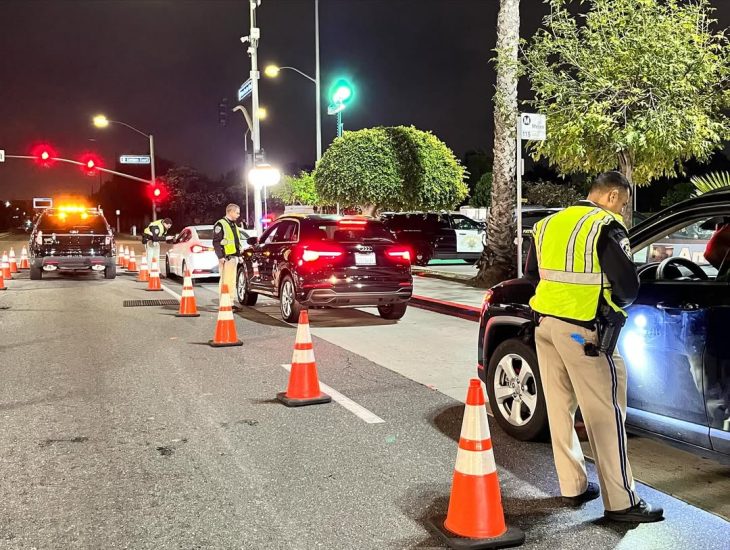Food safety and ingredient labeling causing doubts among some students returning to UCLA
By Dolores Quintana
Undercooked meat and mislabeled pre-packaged to-go foods are causing doubts among some students returning to UCLA and the reopened dining halls.
As reported by the Daily Bruin, third year computer science student named Alex Wazzan was quoted about finding that the chicken in a dish of orange chicken that he purchased at a UCLA dining hall was undercooked, “I got a knife, cut (the piece) in half, and the entire center was just dark pink, which was pretty disgusting.” He found the raw chicken in his food at the De Neve dining hall which he now avoids due to the discovery.
Wazzan added that, “Given how many students go to these dining halls and how long the orange chicken line was when I got there, if every single dish looks like that, then there could definitely be some concerns.” He did not become ill after eating the food, but he also observed that, “I know the chances of anything happening are pretty low, but it made me wonder what all the other pieces that they’re handing out are like and whether every student is getting similar food.”
The student saw a post on Reddit with a similar story in a subReddit that is dedicated to UCLA and decided to post on the thread about having a similar experience. He got a number of responses that expressed concern and who agreed with his thoughts.
Another issue is the labeling of prepackaged foods without noting ingredients that could cause allergic reactions and mislabeling of foods as vegan, vegetarian, Halal, or gluten free. While labeling foods that aren’t vegan, vegetarian, Kosher or Halal doesn’t cause illness or life threatening reactions, people can be disturbed or traumatized by eating foods that they are ethically opposed to.
Second year computational and systems biology student Aditya Sundaram checks food labels because he is vegetarian and has found two mislabeled dishes at two different dining halls at UCLA. At Epicuria, he found a dish with salmon listed as vegan and vegetarian. At Rendezvous, he found a soup that was labeled vegan but it contained fish according to The Daily Bruin.
A second year bio-engineering student who has a life threatening peanut allergy, Nikolai Haines, purchased a cookie from the De Neve dining hall after checking the ingredient card for peanuts. He was quoted by The Daily Bruin as saying, “I was like, ‘OK, I’ll go ahead and grab some of those.” Luckily, Haines decided to double check the online ingredient list and “boom, it said peanuts. I didn’t know which one was right, so I just had to throw it away.”
Haines did eat from an unnamed dining hall earlier in the year that had a sign posted warning students that there could be allergen-causing foods. He didn’t have a reaction but still felt concern because there was no way of knowing whether or not there were foods that had peanuts or if the food he ate was prepared with equipment that also was used to process foods with peanuts either of which could be a serious health risk for him. His concern was that the warning was not specific about the potentially allergen inducing ingredients. He took a chance and was fine, but it’s possible that he or other students might not be lucky the next time they eat food from the dining hall. He also shared his experiences on the UCLA subReddit and he got similar responses as Wazzan.
These experiences force Haines to check both menus, online and ingredient cards, as well as physically picking through his food to avoid peanuts. As quoted by The Daily Bruin, Haines said, “For example, plain chicken – I thought would be completely harmless, and then I go and take a look at the online menu, and it says peanuts. So I assume it has peanut oil, but it’s hard to just look at it and tell.” Haines and other students with allergies and food restrictions don’t have many other options while at the UCLA campus when they need to eat.
Haines was quoted by The Daily Bruin as saying that, “Unfortunately, I don’t see much of a solution except more attention to detail, and even when I ask servers or people that work in the dining departments, they’re really unsure what’s actually in the food,” Haines said. “Just more precision to detail would be probably the only solution that I can see so far.”

